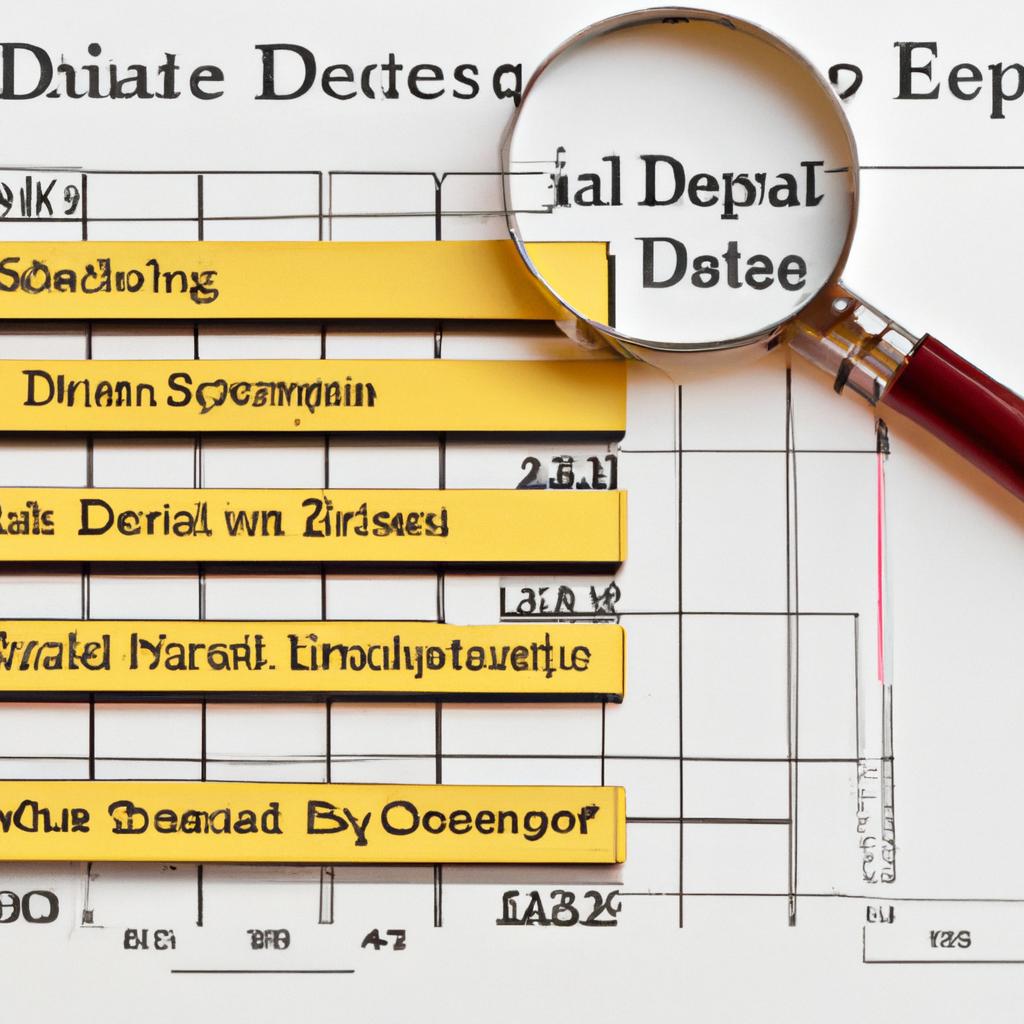As a seasoned legal professional at Morgan Legal Group, based in the bustling metropolis of New York City, it is not uncommon for individuals to approach us with a pressing concern: does a parent’s debt automatically transfer to their heirs? In the intricate web of estate planning, probate, and elder law, this question looms large for many families navigating the complexities of financial inheritance. In this article, we will delve into the nuances of this crucial issue to provide clarity and guidance for those grappling with the potential implications of their parents’ debts on their own financial future.
Understanding the implications of parental debt on inheritance
Parental debt and inheritance
When a parent passes away, their debts typically do not automatically transfer to their children. However, there are certain situations where children may be responsible for their parents’ debt. It is essential to understand the implications of parental debt on inheritance to ensure that you are not caught off guard.
Here are a few key points to consider:
- Children are not usually responsible for their parents’ debt unless they have co-signed for the debt or live in a community property state.
- It is essential to review your state’s laws regarding inheritance and debt to determine your liability.

Exploring the legal responsibilities of children for their parents’ debts
When it comes to the issue of parents’ debts and the legal responsibilities of their children, there are several factors to consider. In most cases, children are not responsible for their parents’ debts. However, there are some situations where adult children may be held liable for certain debts left behind by their parents.
One such scenario is when children have co-signed for a loan with their parents or have become joint account holders on a credit card. In these instances, the children can indeed be held responsible for the debt. Additionally, if a child inherits assets from their parents’ estate, these assets can be used to pay off any outstanding debts. It is crucial for individuals to understand their rights and obligations when it comes to their parents’ debts, and seeking legal advice from professionals like the experts at Morgan Legal Group can provide clarity and peace of mind.

Analyzing the impact of different types of debt on estate distribution
When it comes to estate distribution, the impact of different types of debt can be a complex and often confusing issue for many individuals. One common question that often arises is whether a parent’s debt can be passed down to their children. The answer to this question depends on the type of debt and a variety of other factors.
Generally speaking, a person’s debt does not automatically transfer to their children upon their passing. However, there are certain circumstances in which a child may be held responsible for a parent’s debt, such as:
- Co-signed loans or credit cards
- Beneficiary of a debt in the estate
It’s important to consult with a legal professional to fully understand the implications of different types of debt on estate distribution and to ensure that you are protected from any unexpected financial obligations.

Strategizing ways to protect your inheritance from parental debt
When a parent passes away with outstanding debts, it is natural to be concerned about whether those debts will pass on to you as their heir. While it is not always the case that you will inherit your parent’s debt, there are certain strategies you can employ to protect your inheritance.
One way to safeguard your inheritance from parental debt is to ensure that the debts are properly addressed in the probate process. This may involve working with a skilled estate planning attorney to navigate the complexities of probate law and ensure that your parent’s creditors are paid from their estate rather than your own funds. Additionally, establishing a trust can help shield your inheritance from potential creditors, as assets held in a trust may be less vulnerable to attachment. By taking proactive steps to strategize and plan for the impact of parental debt on your inheritance, you can better protect your financial future.
Q&A
Q: Can my parents’ debt be passed on to me after they pass away?
A: In general, children are not responsible for their parents’ debt when they die. However, there are some exceptions depending on the circumstances and the type of debt involved.
Q: What happens to my parents’ debt when they pass away?
A: When a person dies, their debts are typically paid off using their assets before any inheritance is distributed to beneficiaries. If there are not enough assets to cover the debts, creditors may have to write off the remaining balance.
Q: Will I have to pay my parents’ debt out of my own pocket?
A: As a general rule, children are not legally obligated to pay their parents’ debt. However, there are some instances where a child may be held responsible for a parent’s debt, such as if they co-signed a loan or if they were a joint account holder.
Q: What steps can I take to protect myself from inheriting my parents’ debt?
A: To protect yourself from inheriting your parents’ debt, it’s important to keep your finances separate from theirs. Avoid co-signing loans or becoming a joint account holder on any of their financial accounts.
Q: What should I do if creditors are trying to collect on my parents’ debt after they pass away?
A: If creditors are attempting to collect on your parents’ debt after they pass away, it’s important to consult with a lawyer to understand your rights and options. You may need to provide documentation of your parents’ death and the status of their estate to stop collection efforts.
Key Takeaways
In conclusion, whether or not your parents’ debt will pass on to you depends on various factors, including your location and the type of debt they have. It is important to understand your rights and obligations in such situations and seek legal advice if needed. Remember, being informed is the key to making the best decisions for yourself and your financial future. So, stay educated, stay prepared, and stay empowered. Thank you for reading!


